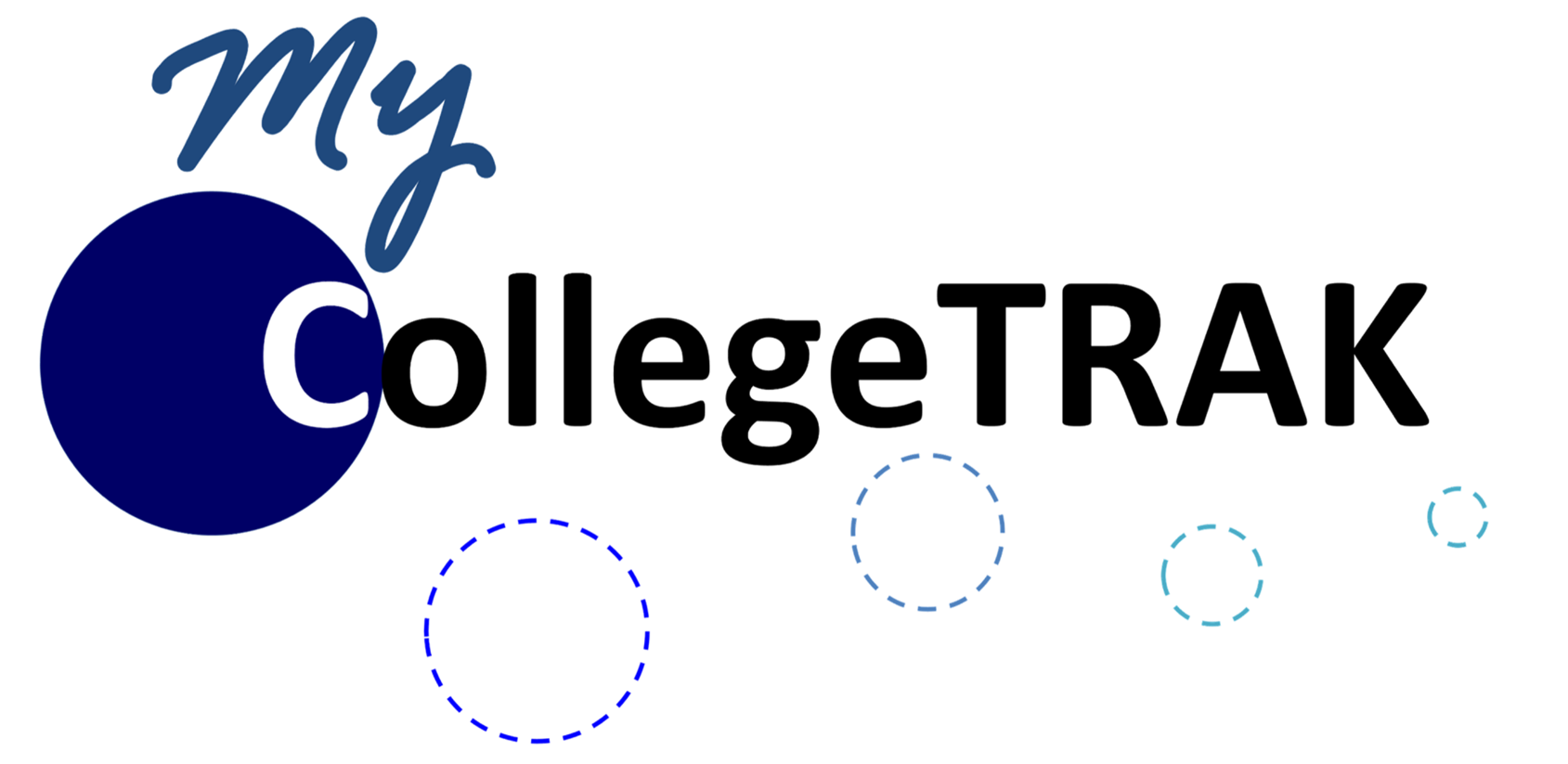College Counseling: What is it?
College counseling enables parents and their children to:
Identify student strengths, values, and interests
Initiate a customized college search
Choose dream and safety schools
Apply survival strategies and time management skills to the college application process
Review resume and personal essays
Prepare winning applications
When is the best time for college exploration?
Parents and students appreciate information about the college admissions process as early in their high school years as possible. By the spring of high school junior year, families should begin a comprehensive college search initiative.
Who needs college counseling, and why?
When applying to very selective schools.
“Brand name” schools, typically the ones that populate the “top 25” listings, are increasingly difficult to gain admission into. Many top schools routinely reject applicants with perfect SAT/ACT scores. It is important to realize that the students in the rejection pile are often as qualified statistically as the small number of successful applicants – the difference often lies in activities, interests, enthusiasm, and “intangibles.” Communicating these personal characteristics effectively is critical to success.
When the student’s strongest points aren’t SAT scores and GPA.
In any situation where a student is applying to a school where his or her academic statistics don’t fall into a range that makes admission highly probable – what might be called a “reach” or “near-reach” school – it is important to present the non-academic achievements and talents in the best possible way. An experienced counselor can help the student use essays, recommendations, supplemental materials, and other data in the most effective manner to increase the probability of admission.
When a guidance counselor is inexperienced or unavailable.
Parents often assume that the school’s counseling staff will assist their children in navigating the tricky details of the college search and application process. Indeed, private “prep” schools and some public magnet schools often have counselors of great skills and experience in working with applicants to the most selective colleges. In many other public and private schools, however, the counseling situation is problematic.
We want to help you achieve your goals. We have the knowledge and experience in college admissions and counseling to make your applications stand out from the rest.
Statistics
Below are some of the most selective colleges with the lowest acceptance rates. Acceptance rates are across the total incoming Class of 2023. Individual acceptance rates can vary based on majors and concentrations. Figures in parentheses represent total applicants to each school.
Harvard University: 4.5% (43,330 total applicants)
Stanford University: TBD, ~4.5%
Columbia University: 5.1% (42,569)
Princeton University: 5.8% (32,804)
Yale University: 5.9% (36,843)
University of Chicago: 5.9%
Brown University: 6.6% (38,674)
MIT: 6.6% (21,312)
Cal Tech: TBD, ~6.6%
UPenn: 7.4% (44,960)
Duke University: 7.4% (41,600)
Dartmouth College: 7.9% (23,650)
Johns Hopkins: 9.1%
Colby College: 9.5%
Cornell University: 10.6% (49,118)
Amherst College: 10.8%
USC: 11.0%
Williams College: 12.4%
Washington University in St. Louis: 14.0%
Emory University: 15.0%
NYU: 16.0%
Boston College: 27.0%
Source: Quartz, Ivy Wise
